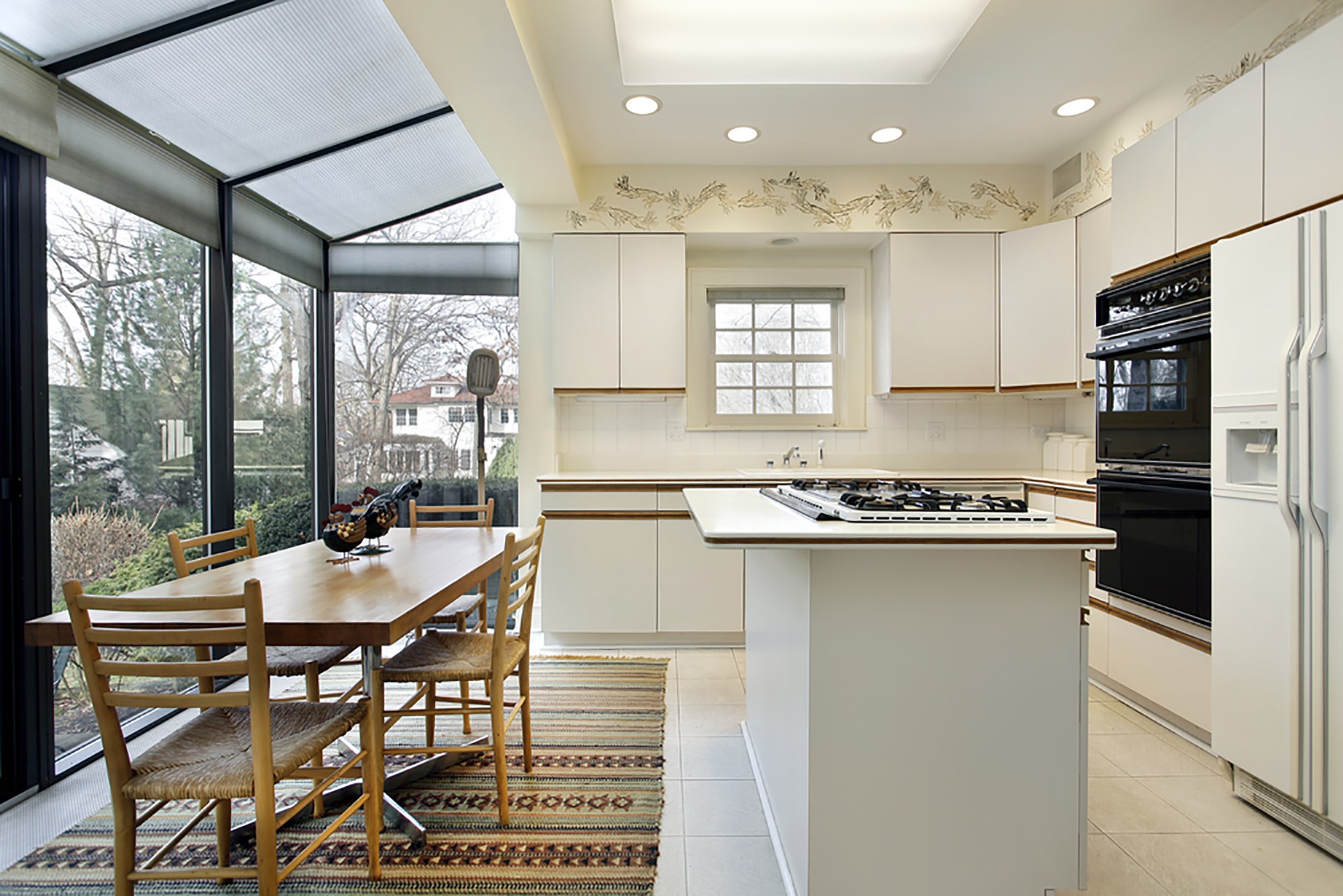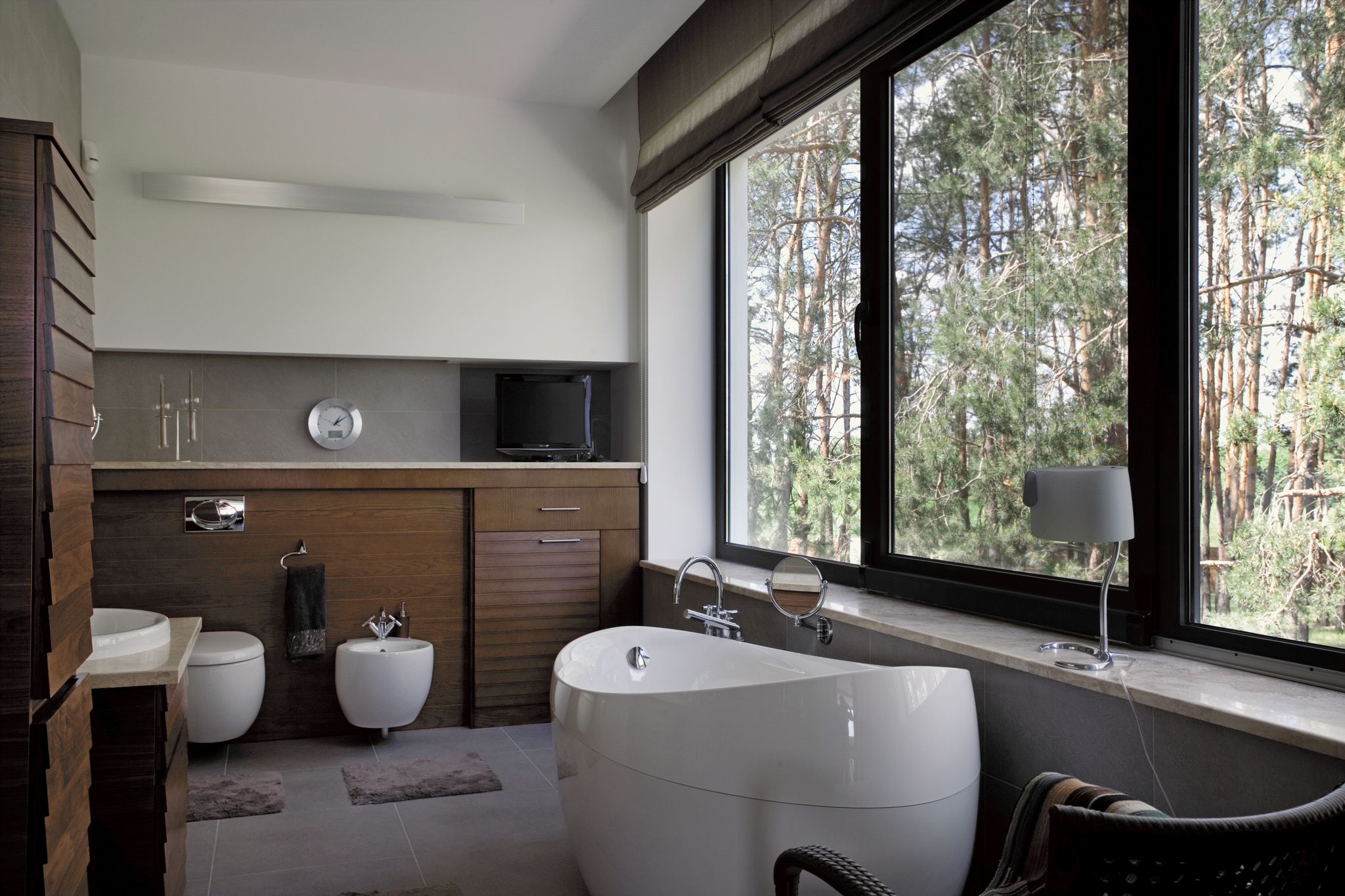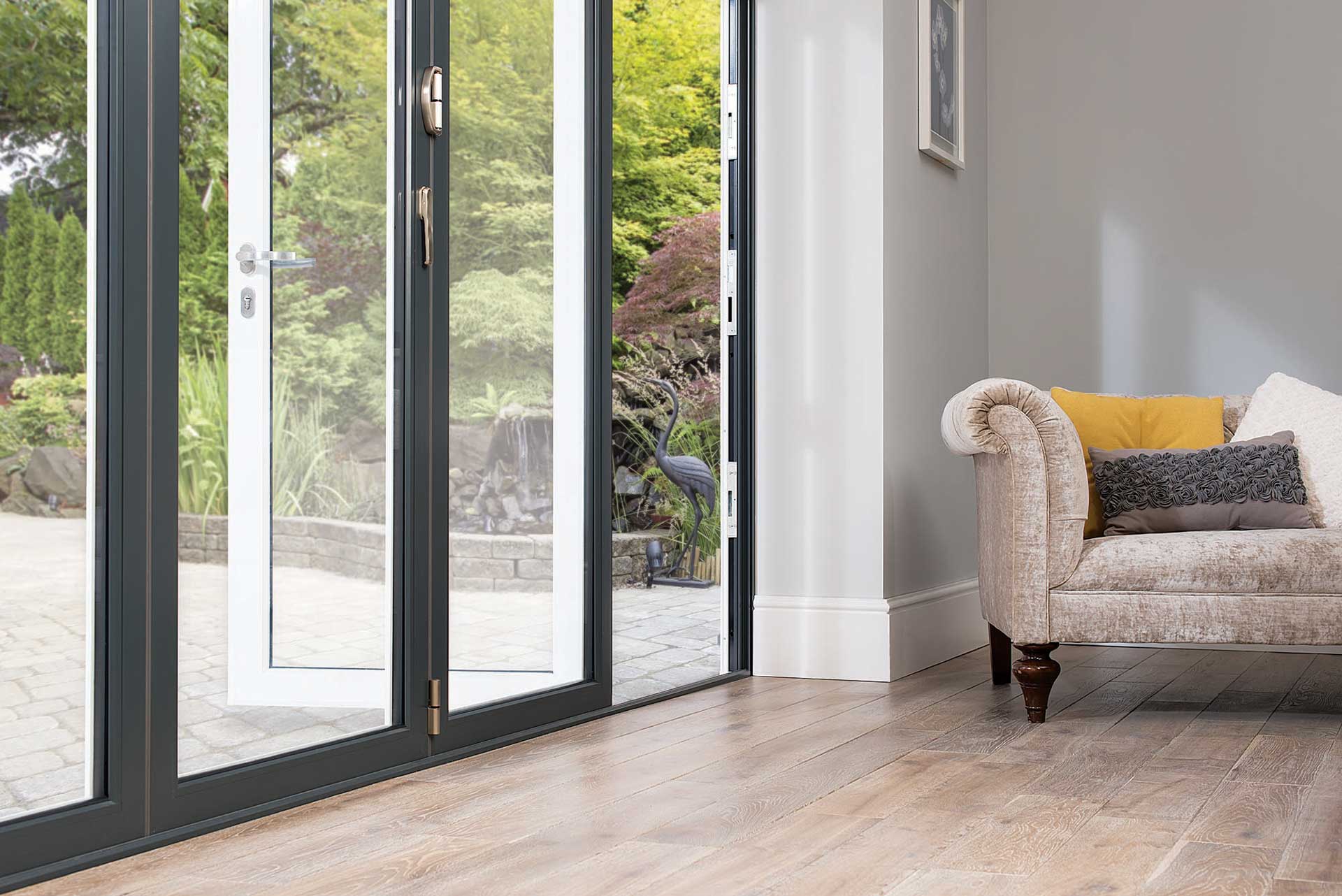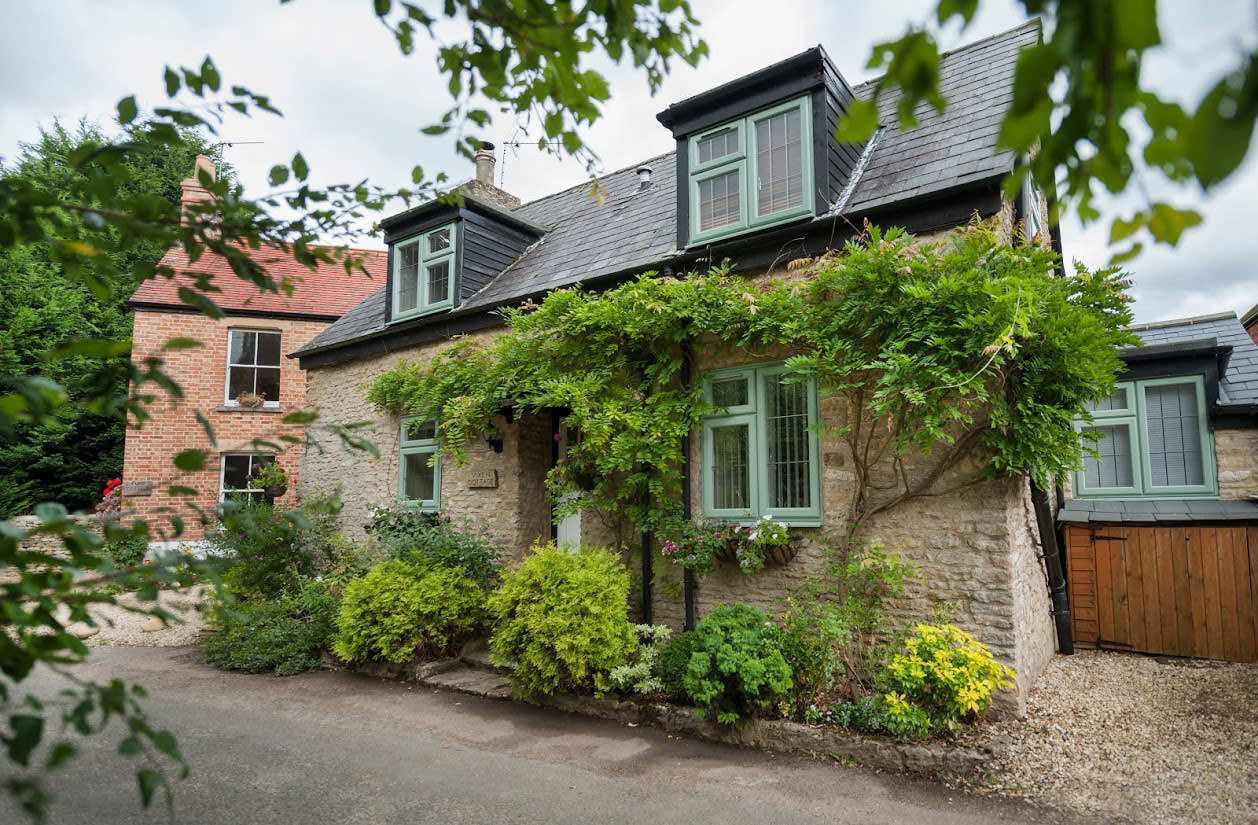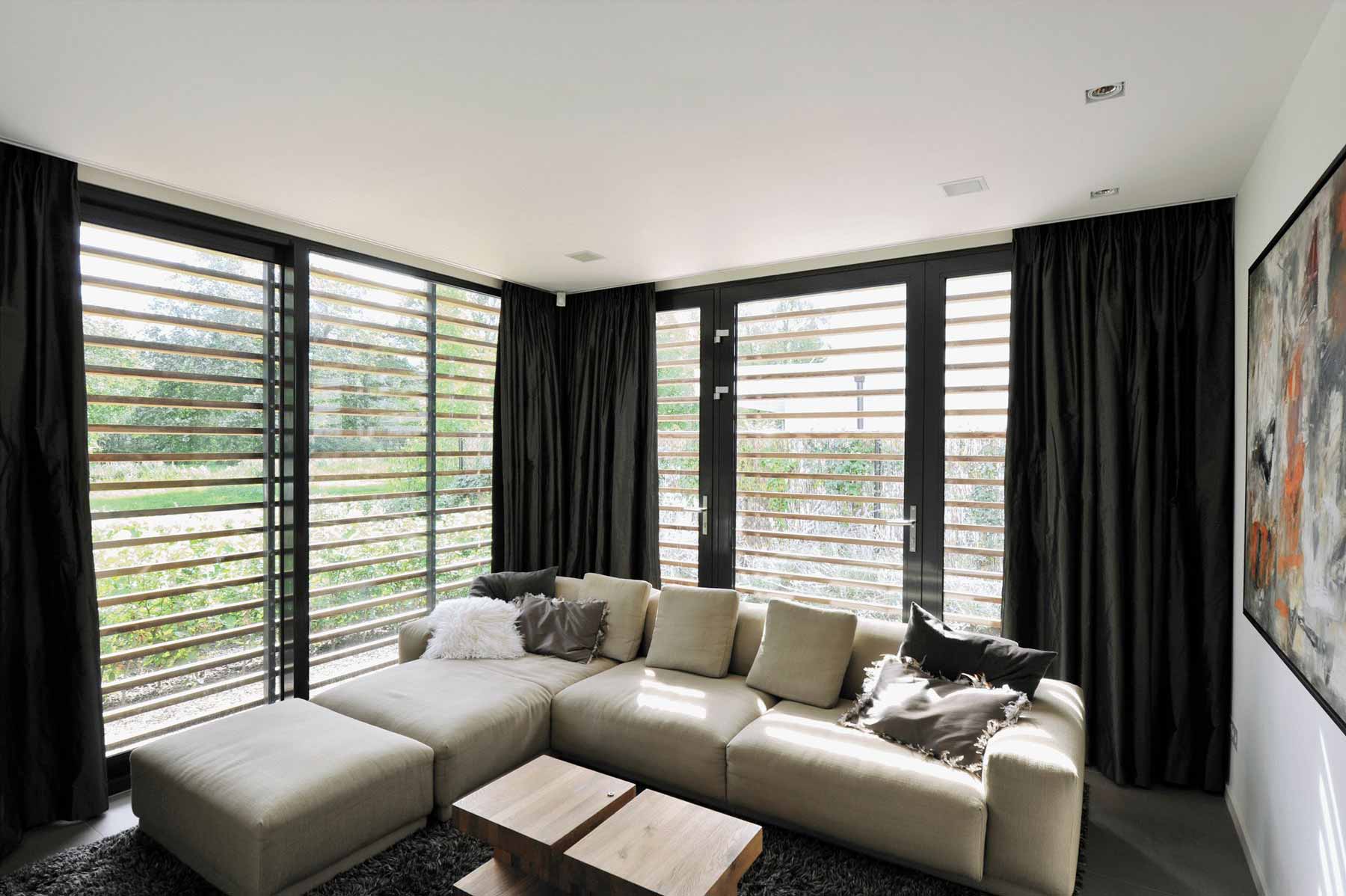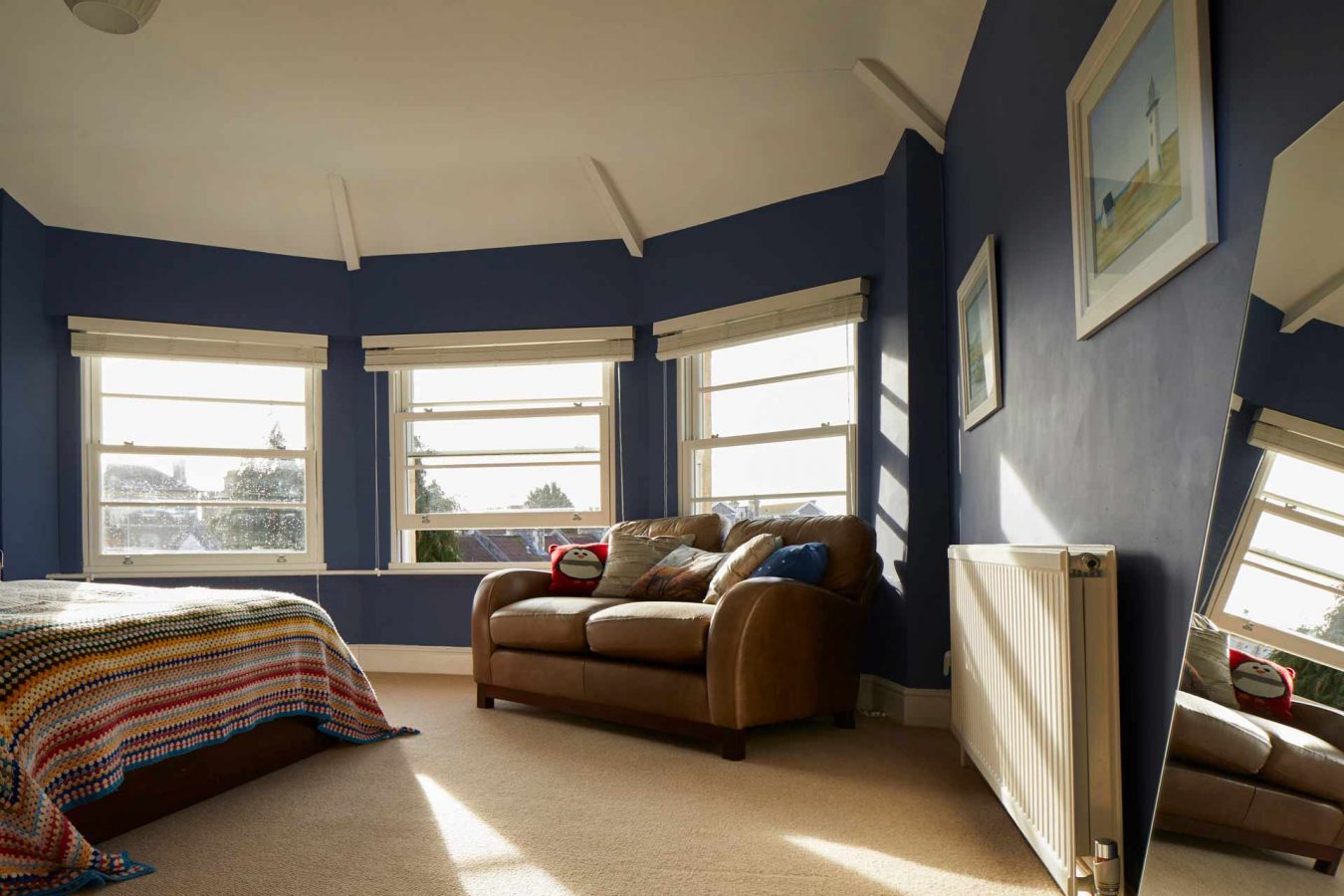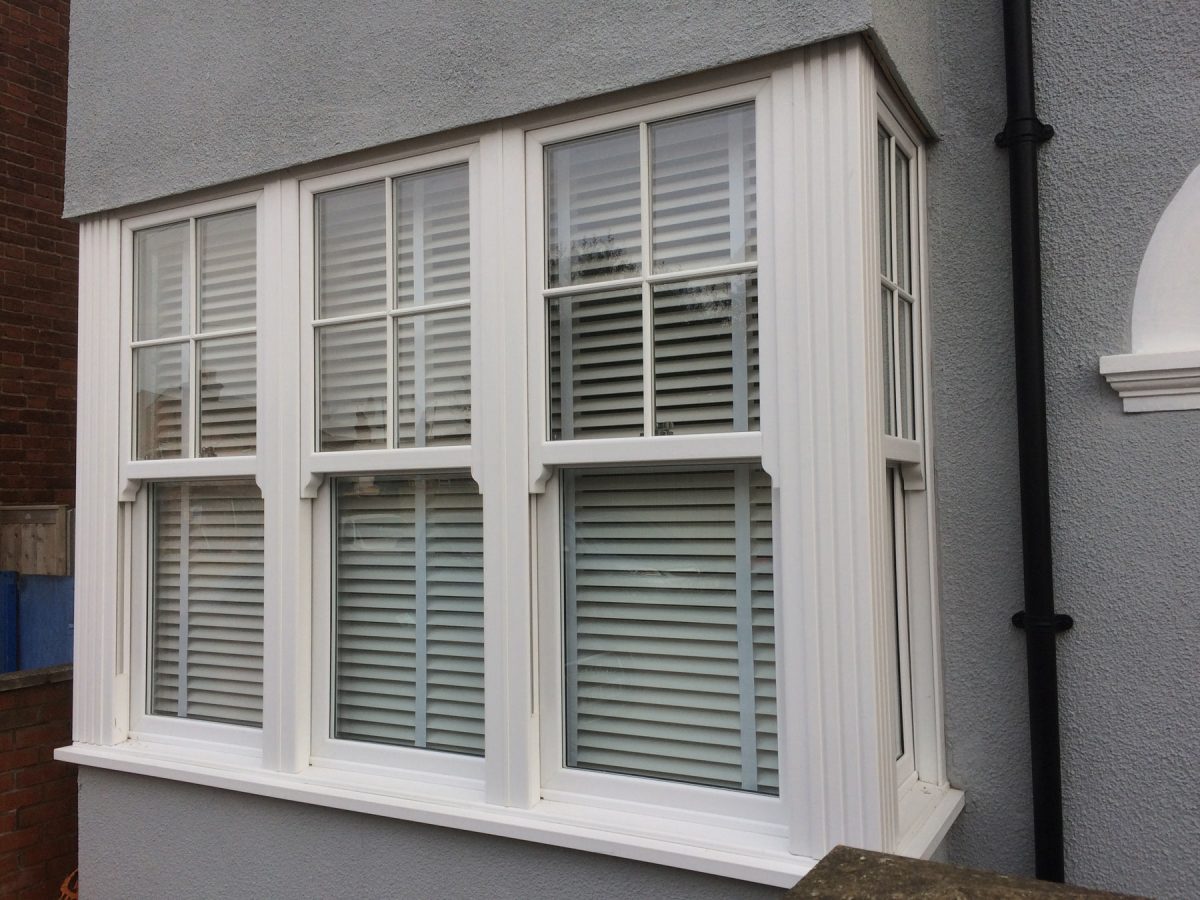When Does a Conservatory Become an Extension?
When it comes to home improvement, the lines between different additions to your property can sometimes blur. One such area of confusion is the distinction between a conservatory and an extension.
While both can offer valuable extra space and enhance your home’s aesthetics, there are key differences that determine when a conservatory crosses over into becoming an extension.
Here at Bergson & Eaton, we provide our clients in Aylesbury, Buckinghamshire, with cutting-edge quality conservatories and house extensions. Our team of professionals
In this article, we will help you understand the fundamental differences between the two, and address the most-asked question: “When does a conservatory become an extension?”.
How is a Conservatory Different from an Extension?
Let’s start with some basics. A conservatory is traditionally a glass and frame structure attached to the house, designed to let in ample natural light and provide a space to enjoy the outdoors while being sheltered from the elements. It’s often seen as an elegant addition, perfect for relaxing, entertaining, or even cultivating plants.
On the other hand, an extension is a more solid, permanent addition to the house. It typically involves extending the existing structure of the property, often with brick or blockwork walls and usually requires planning permission.
Advantages of a Conservatory
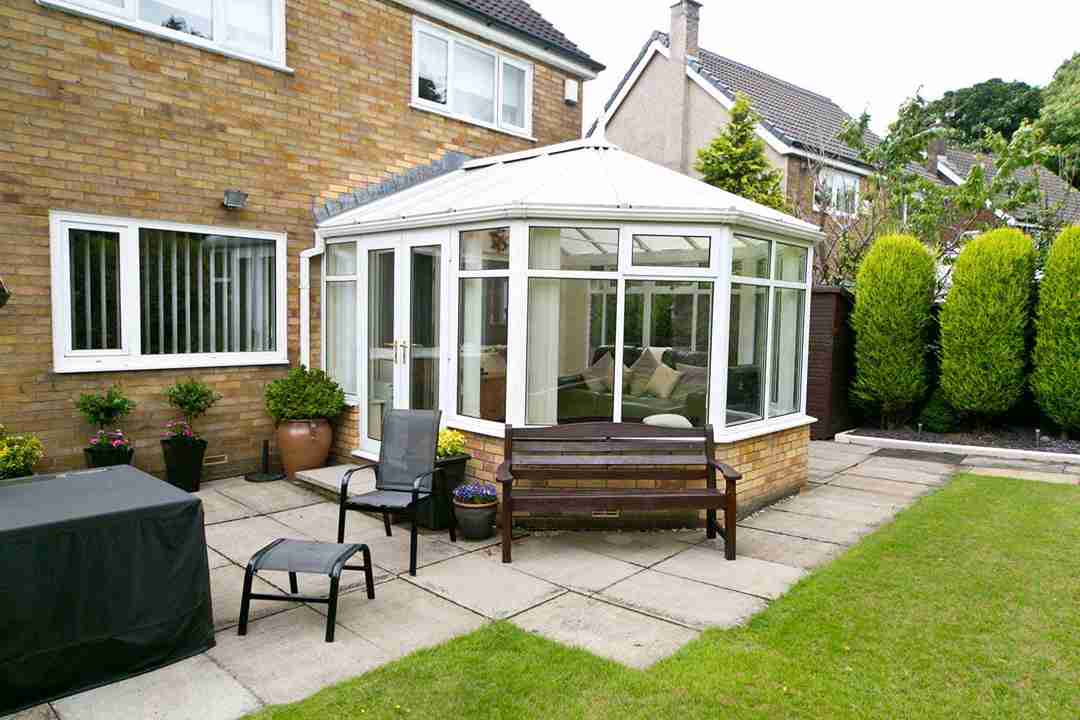
- Energy Efficiency:
With advancements in technology, conservatories now offer better energy efficiency. Double or triple glazing combined with insulating films helps in temperature control, reducing reliance on central heating and lowering energy bills.
- Natural Light and Outdoor Views:
A conservatory, primarily composed of glass, allows you to integrate the outdoors into your living space seamlessly. Enjoy ample natural light and panoramic views of your garden throughout the year, enhancing your living experience and connection to nature.
- Cost-Effectiveness:
Compared to standard extensions, conservatories tend to be more cost-effective in construction. The abundance of natural light and warmth reduces the need for artificial lighting and heating, potentially saving on utility costs over time.
Advantages of an Extension
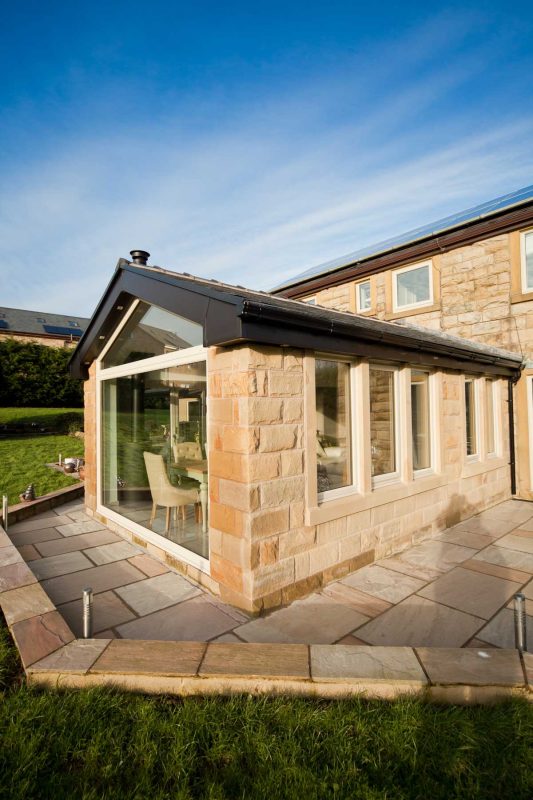
- Increased Living Space:
Extensions offer the opportunity to significantly expand your living space, providing additional rooms that seamlessly integrate with your existing home. Whether you need a larger kitchen, extra bedrooms, or a dedicated home office, an extension can accommodate your growing needs without compromising on comfort or functionality.
- Versatility:
Extensions offer versatile solutions to a range of needs, whether you require extra living space for your family, a home gym, a playroom for the kids, or even a self-contained annexe for guests or elderly relatives. The flexibility of an extension allows you to adapt the space to suit your changing lifestyle and priorities over time.
- Seamless Integration:
When designed thoughtfully, an extension can seamlessly blend with the existing architecture of your home, creating a harmonious transition between old and new. This cohesive integration not only enhances the aesthetic appeal of your property but also ensures that the extension feels like a natural extension of your living space rather than an add-on.
Do you need planning permission for a conservatory?
When it comes to planning permission, conservatories are subject to regulations similar to those for single-storey extensions. However, there’s a distinction regarding building regulations.
Permitted development rights grant homeowners the freedom to undertake typical home improvement projects without the need for planning permission.
If your conservatory adheres to the conditions and limitations of permitted development outlined below, you can proceed without seeking planning permission.
Conclusion
Ultimately, whether a structure is considered a conservatory or an extension depends on various factors, including its design, construction, and intended use. While the line between the two can sometimes be blurry, understanding the distinctions can help you navigate the planning and construction process more effectively.
Whether you opt for the airy charm of a conservatory or the solid permanence of an extension, both can enhance your home’s appeal and functionality when designed and executed thoughtfully.
Conservatory & Extension Prices
Our process couldn’t be more straightforward. At Bergson & Eaton, we offer a full-service conservatory and house extensions, from planning and construction through to the final and finishing touches.
You can start the process by simply using our online quoting engine and getting a complimentary quote, or you can give us a call at 01296 415 25. You can also opt to fill out our contact form, and a member of our team will be in touch with you soon.
Depending on how much space you have available and the purpose of your new conservatory or extension, we can advise and recommend the best products and designs.
Book a Remote Quote
In response to Covid-19 and the governments guidelines, Bergson & Eaton now offer remote quotes.
Find Out More
